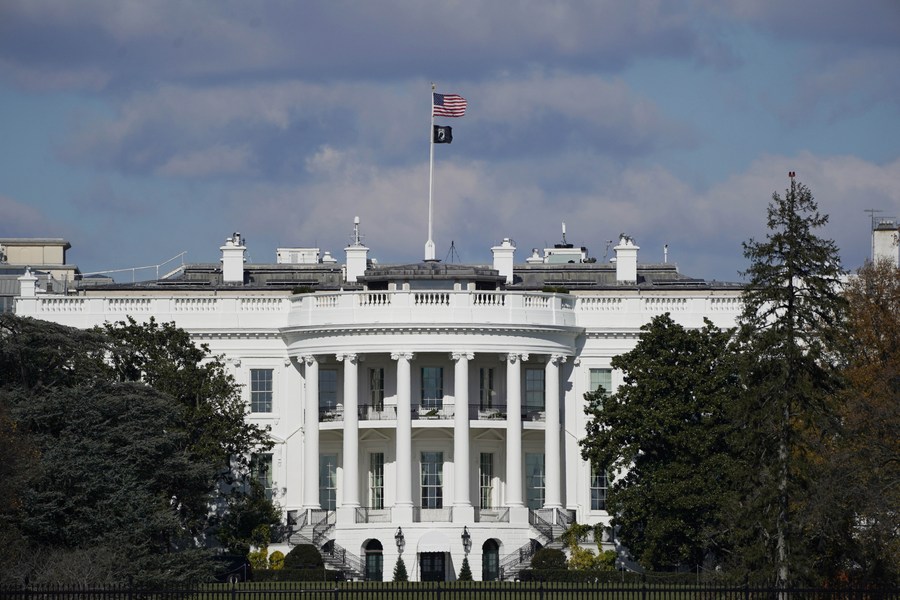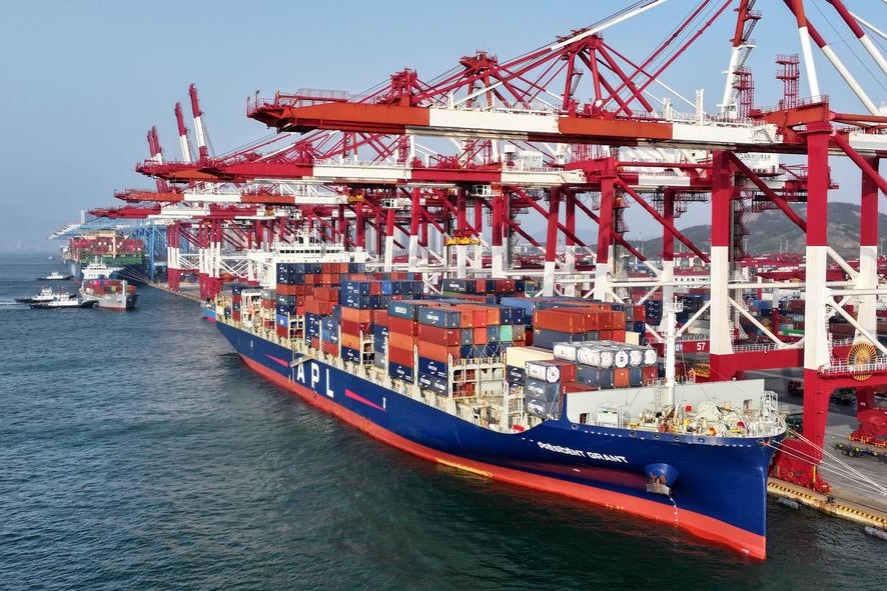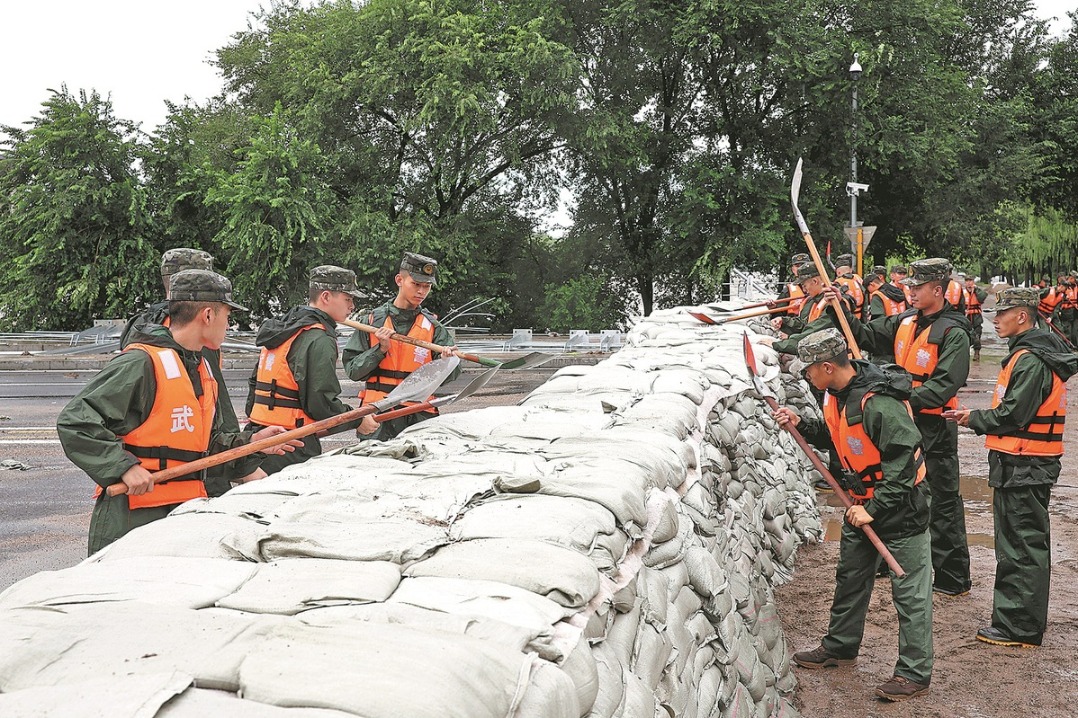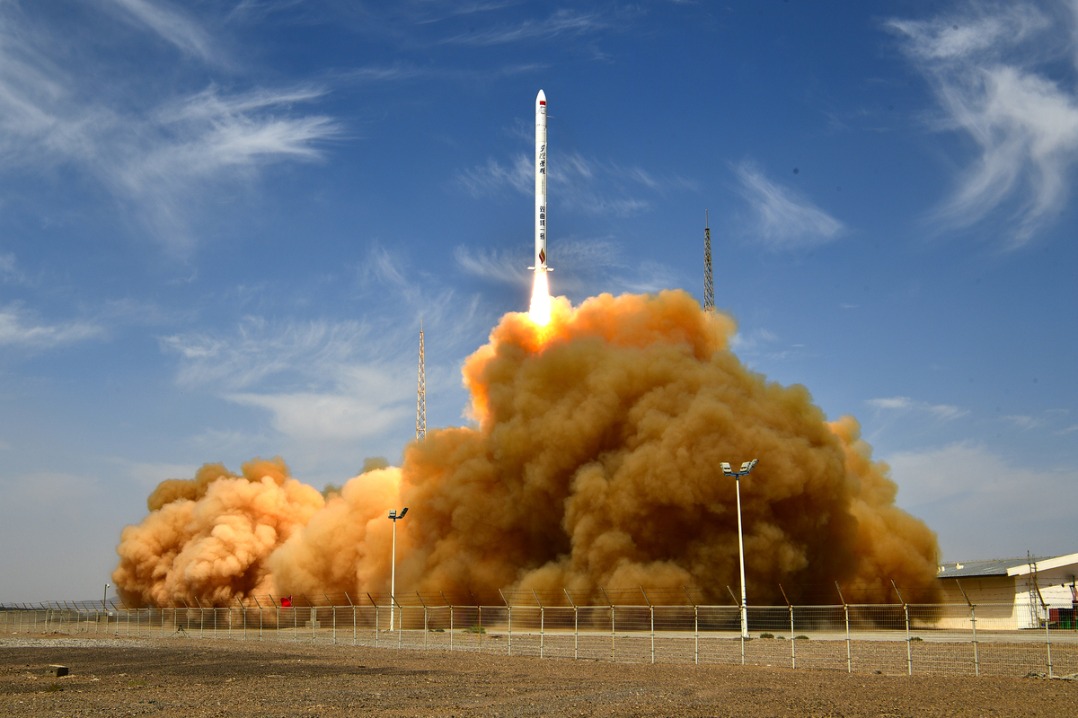US sanctions on Russia double-edged sword


US banks have pulled out of Russia in the wake of various sanctions, but some Wall Street firms are taking advantage of the sell-off in Russian bonds to make a quick buck.
Under sanctions imposed by the US government against Russia, US companies are prohibited from buying Russian government bonds directly from major Russian financial institutions. But the Treasury Department issued a memo saying it is legal to trade Russian assets on the secondary market.
The memo shows the US government's "friendliness" to Wall Street, leaving a "back door" for its arbitrage.
No wonder the trading volumes in Russian corporate debt have risen to a two-year high since the outbreak of the Ukraine conflict.
Taking advantage of crises for arbitrage is something that Wall Street is very good at. When the European debt crisis erupted, for example, Ireland was the hardest hit zone, but Templeton Global Bond Fund bet that the European Union would bail it out, so it bought a 10th of Ireland's sovereign debt, and gained tremendous profits.
With Russia's financial system severely tested by sanctions, Wall Street is not going to pass up the opportunity to make a quick profit. Although Wall Street firms said they were giving up on the Russian market, they haven't. Wall Street has $10 billion of exposure to Russian bonds alone, as well as a large exposure to traditional Russian financial businesses.
Even if the Wall Street companies violate the US government sanctions, the fine they need to pay is only a small fraction of their profits. In other words, the US-led sanctions are comparable to an order banning companies from other countries to trade with the sanction targets, reserving the target markets for US companies only.
Wall Street has various means for arbitrage. Usually, it combines such approaches as credit default swaps, which refers to financial derivatives that allow an investor to swap or offset their credit risk with that of another investor, buying low and selling high of Russian corporate stock equity and bonds, and acting as a middleman, earning brokerage fees by brokering deals between investors eager to dump Russian bonds, as well as hedge funds willing to take risks in the name of helping clients manage their exposure.
But if there is a Russian debt default, it will render the Wall Street buys worthless. With the larger risk that since different countries hold nearly $100 billion in Russian sovereignty debt, a debt default by Russia would have systematic repercussions for the global financial system and economy.

































